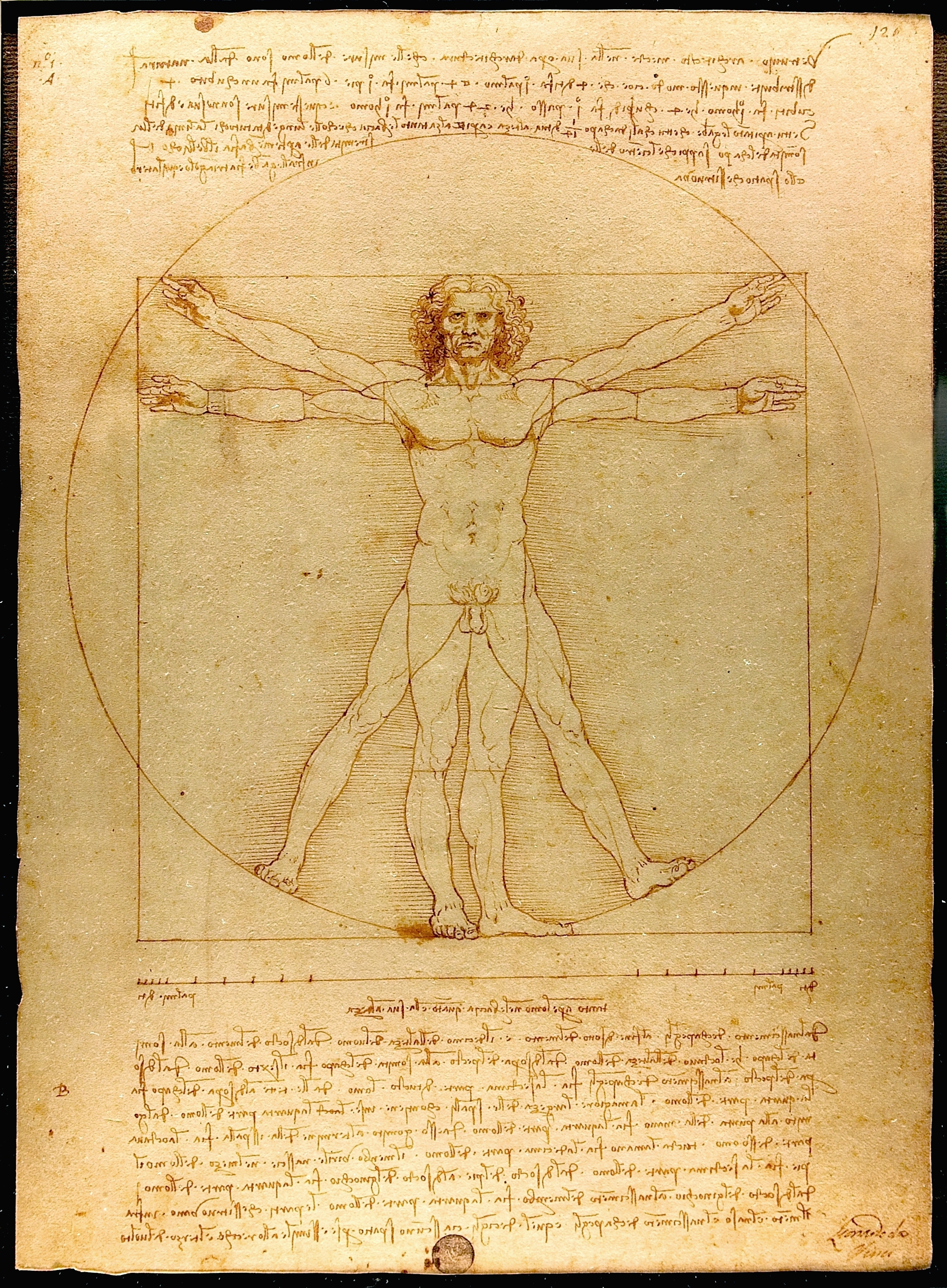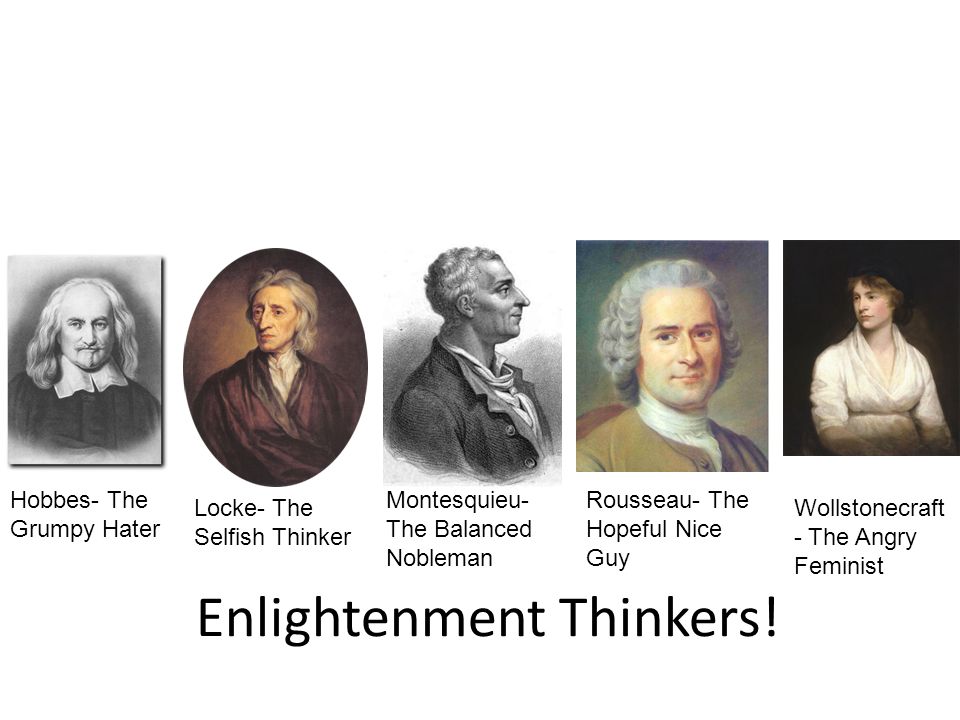4.1 Context of the Scientific Revolution and the Enlightenment
2 min read•january 13, 2023
Bretnea Turner
AP European History 🇪🇺
335 resourcesSee Units
Modes of Thought
Humanism, which gave some Europeans a sense of individualism and a confidence in their ability to reason during the Renaissance and Protestant Reformation periods, began to branch into other interests beyond the 16th century.
Individualism manifested itself in intellectuals who were interested in sciences, people and places who had recently been discovered by Europeans, and politics. As interest in challenging traditional authorities in these areas intensified and populations expanded in cities, conversations about reform and new advancements became the norm.

Image Courtesy of Wikipedia
Intellectuals began studying older Classical works of Aristotle and Ptolemy, among others, concerning planetary motion, observations and explanations for natural phenomena, and the human anatomy in regards to medicine. Scientists like Nicholas Copernicus, Galileo Galilei, Isaac Newton, William Harvey, and others become commonly discussed names during this era as these men work in quiet to challenge Church doctrine and commonly accepted untruths.
These men rely on empirical knowledge, observations in nature, mathematics, and logic to formulate theories and facts rather than accepting the traditional, unproven beliefs. However, this is a slippery slope for the Church, as many officials worry that if humans require visual proof for everything, faith would become a thing of the past.

Image Courtesy of T
he Scientific Revolution
Intellectualism and Commoners
Another group of intellectuals concerned themselves not with the sciences, but with the daily lives of individuals. Extreme poverty was still common in the countryside and in cities. While cities and towns offered different forms of specialized jobs, many remained farmers with no formal training in any trade and no education.
Due to these circumstances, many found themselves at the mercy of shop owners, land lords, and the monarchy. To break from this, some intellectuals of the time sought a more balanced system of government, where people could have some say in their leadership or laws in place. Others began to introduce small reforms that would adjust the economy in favor of the poor and alleviate the overburdening taxes they were forced to pay.
This time is called the Enlightenment and will be a catalyst for reform movements that will take place over the next few centuries.

Image Courtesy of Slideplayer
To view main events and major trends in this time period, read this guide here!
🎥 Watch: AP Euro - Scientific Revolution
Browse Study Guides By Unit
🎨Unit 1 – Renaissance & Exploration
⛪️Unit 2 – Reformation
👑Unit 3 – Absolutism & Constitutionalism
🤔Unit 4 – Scientific, Philosophical, & Political Developments
🥖Unit 5 – Conflict, Crisis, & Reaction in the Late 18th Century
🚂Unit 6 – Industrialization & Its Effects
✊Unit 7 – 19th Century Perspectives & Political Developments
💣Unit 8 – 20th Century Global Conflicts
🥶Unit 9 – Cold War & Contemporary Europe
🚀Thematic Guides
📝Long Essay Questions (LEQ)
📆Big Reviews: Finals & Exam Prep

Fiveable
Resources
© 2023 Fiveable Inc. All rights reserved.